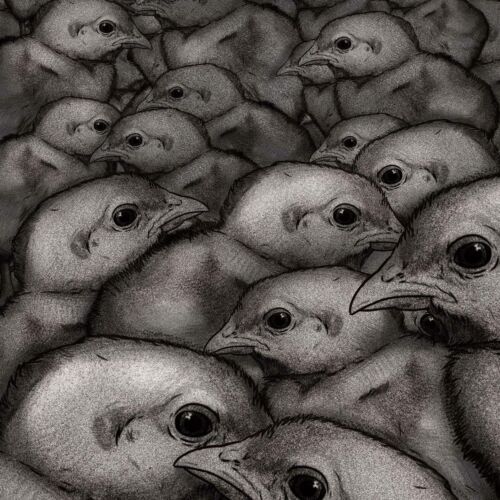Greenwashing and sportswashing in Qatar, Egypt and Zara
According to environmentalists, promises by the organisers of the Qatar World Cup in November 2022 to hold a carbon-neutral tournament are not covered in reality and are an example of greenwashing and sportswashing. According to the Qataris, the tournament is expected to generate 3.6 million tonnes of CO₂ equivalent, but Carbon Market Watch reports that they have, for example, underestimated the carbon footprint generated by the construction of eight new stadiums by eight times. In order to achieve carbon neutrality, organisers promised that it would be compensated with carbon credits.
This November, the United Nations Climate Change Conference (COP 27) will be held in the Egyptian city of Sharm el-Sheikh. On this occasion, Egyptian authorities are highlighting the development of green technologies and the fashion for green lifestyles prevailing in the country. At the same time, the regime imprisons activists (there are currently around 60,000 political prisoners), bans climate research and persecutes scientists. The Egyptians most affected by pollution and rising temperatures will not be present at COP 27, and government policy restricts international delegates’ access to reports on the condition of the local environment.
Zara is launching an in-house service for UK customers to sell, repair and donate second-hand clothing as part of its “environmental sustainability commitment”. At the same time, the company is releasing an average of 500 clothing designs per week, leading consumers to perceive them as disposable. In 2021, Zara was among dozens of fashion brands linked to the deforestation of Amazonia.























